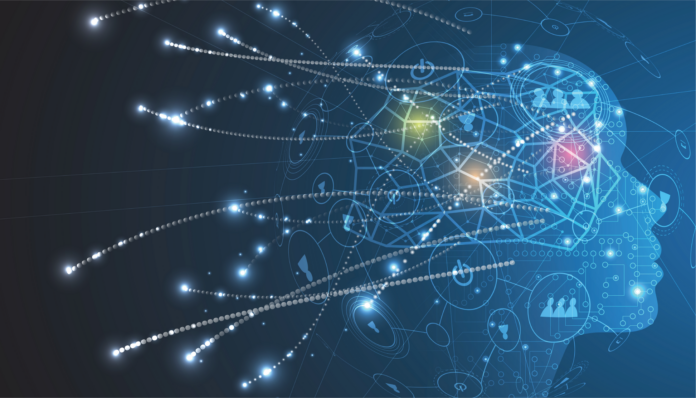As customer experience takes center stage in influencing the buyer’s decision-making, B2B brands leverage technologies such as AI to help create tailored experiences.
Delivering an exceptional customer experience has become an integral part of today’s B2B marketing strategy. This helps B2B customers make informed decisions and empowers organizations to strengthen their position in the marketplace. In a 2021 survey from MartechAlliance titled “Customer Experience Trends & Insights (CX),” delivering a great customer experience provides a competitive advantage, as confirmed by 80% of CMOs surveyed in the research report. One of the effective ways to give a seamless experience in today’s marketplace is by leveraging Artificial Intelligence (AI).
B2B brands can better predict customer behavior and improve the buyer’s journey to create the most effective marketing strategies by leveraging AI. Additionally, it enables brands to develop more engaging content, analyze data to make better business decisions, automate customer support, and much more.
Also Read: B2B Marketing Strategy Using a Multi-Channel Approach
With organizations planning to increase the usage of AI across the enterprise organization, experts predict the use of AI in marketing will also increase in 2022. Here are five ways B2B brands can capitalize on AI in marketing to stay competitive:
Hitting the right emotional chords
B2B marketers should employ AI in marketing to know which emotions will be developed by different types of creative work, especially music. Machine learning and AI enables B2B marketers to gauge the premarket indication. It helps them explore multiple routes without having to do expensive market research.
Building natural language and brand persona
Natural language and brand persona development by leveraging AI tools are critical to helping customers know how they and their industry are described. This allows them to find the right words to explain who they are and understand how their target audience speaks and behaves. Using this data as an unbiased review of word choice in direct marketing removes the gap-closing work when B2B brands have to talk about themselves.
Also Read: Permission-Based Marketing in a Cookieless World
Help to offload and improve labor-intensive work
Organizations can use AI to offload labor-intensive work and deliver more efficiency since it can help with scalability and precision beyond human comprehension. B2B brands can utilize AI to optimize programmatic ads across millions of targeting filters and social listening tools. This will help them get insights across thousands of posts a day and outreach/follow-up automation to effectively engage a massive database of the target audience.
Campaign optimization suggestions
B2B brands can leverage AI to tackle strategic objectives that will help them make small but impactful campaign optimization decisions, including creativity, placement, and more. Since AI systems do not care about the nature of their inputs, they can make optimization recommendations with smaller and more accurate data sets than humans. At the same time, B2B brands should refrain from using AI for strategic decision-making as it requires an understanding of the specific roles with different inputs.
For more such updates follow us on Google News TalkCMO News.






